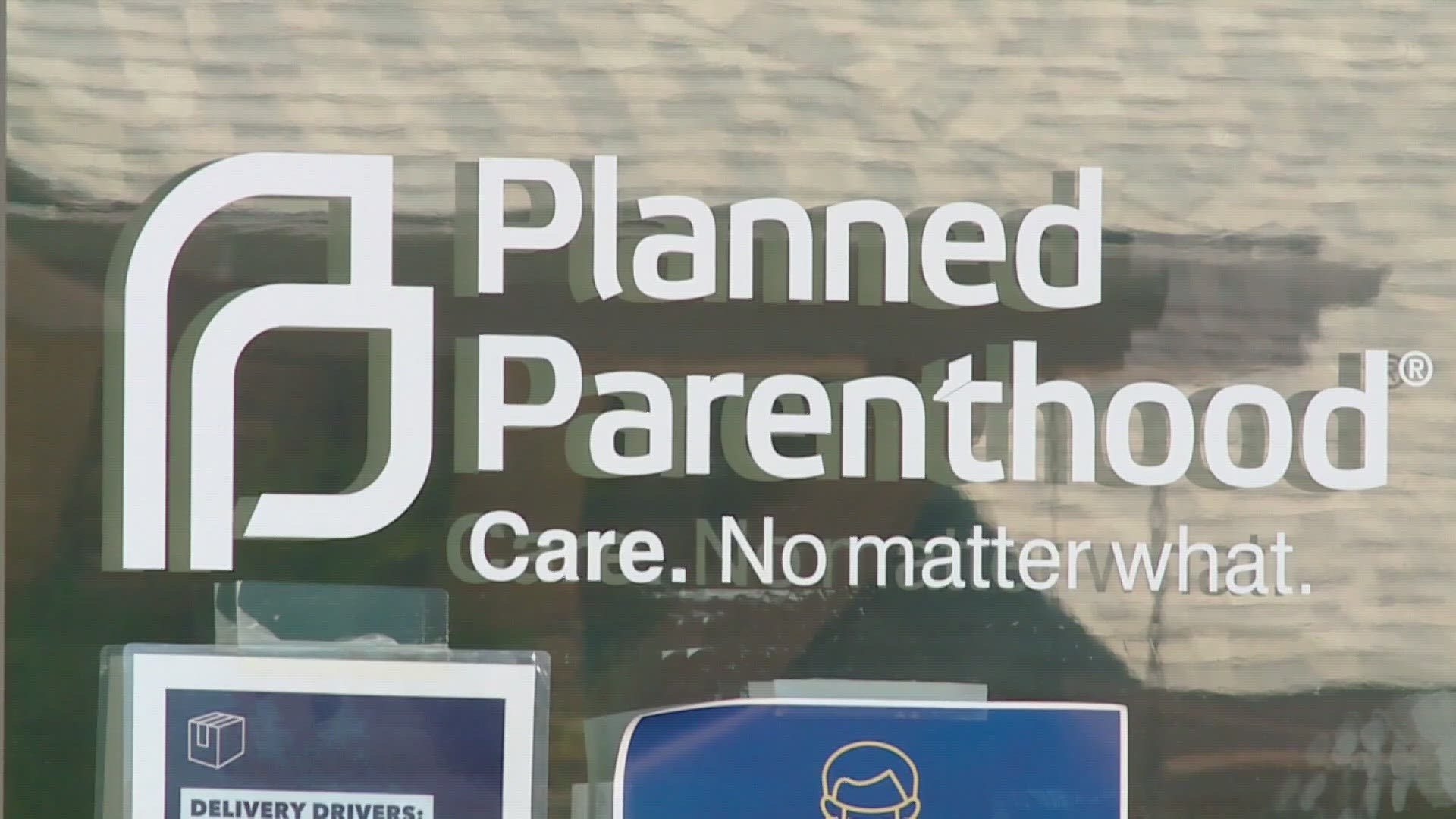OLYMPIA, Wash. — Washingtonians are watching to see whether Idaho House Bill 242 is signed into law -- and what legal implications it could have across state lines.
Idaho House Bill 242, if signed by Idaho Governor Brad Little, would make it a crime to facilitate a minor getting an abortion in another state without parental consent. The bill says it creates what sponsors call the "crime of abortion trafficking," and adds the power "to authorize the Attorney General to prosecute" for what could lead to two to five years in prison.
If the bill is signed into law, Planned Parenthood Great Northwest expects to contest the measure.
"Our biggest concern with this bill is obviously who it's going to impact the most, and what we're going to see is a chilling effect on adults who are there to help youths in crisis and we're gonna see minors and young folks not feeling like they can talk to trusted adults in their lives when they're facing an unexpected pregnancy," Idaho State Director for Planned Parenthood Alliance Advocates Mistie DelliCarpini-Tolman said. "For young folks who live in abusive households, what we'll find is that they're going to face being threatened out of the home, abuse, things like that when disclosing an unexpected pregnancy or even sexual activity."
Idaho-based Stanton Healthcare supported the passage of the bill. Physician assistant Samantha Doty says the center has seen a 25% increase in demand for services as compared to last year. About 5% of their clients are minors so they do not expect H 242 to have a major impact, but they do support its mission.
"We coined the phrase abortion trafficking, it was actually Stanton working with Right to Life of Idaho that came up with that phrase, because of the way abortions have been pushed on our young women, so when we found out that they were coming up with this bill we really wanted to be involved," Doty said. "We just believe that young women facing unexpected pregnancies deserve better than abortion."
Doty said Stanton sees the bill as a parental consent measure.
Planned Parenthood Alliance Advocates disagrees, arguing that it's about control and medical surveillance and saying it does not believe abortions are pushed on young women.
Leah Rutman, Health Care and Liberty Counsel for the ACLU of Washington says what is now a patchwork of laws across different states creates "unnecessary uncertainty across the country" about how people can and can't assist people seeking abortions.
"The [state] Attorney General isn't just trying to prevent abortion in Idaho," Rutman said. "They're trying to control it in Washington state and beyond and that's completely unacceptable."
While Washington state can't prevent the Idaho law from passing, Rutman said several legislative measures could provide some legal protections, including data privacy measures.
"It would ensure people have to give opt-in consent, have it be authorized, before [data on healthcare apps] could be sold or shared with anyone," Rutman said.
She also points to shield laws, which several states are considering.
"What they're really saying is, Washington state is not going to cooperate with out-of-state investigations, lawsuits, for care that is legal in Washington state, so providers feel a little safer and people feel a little safer to get the care they need," Rutman said.

